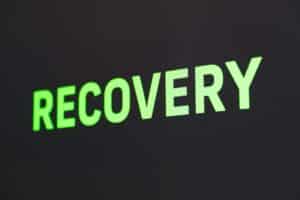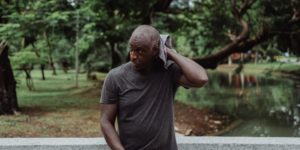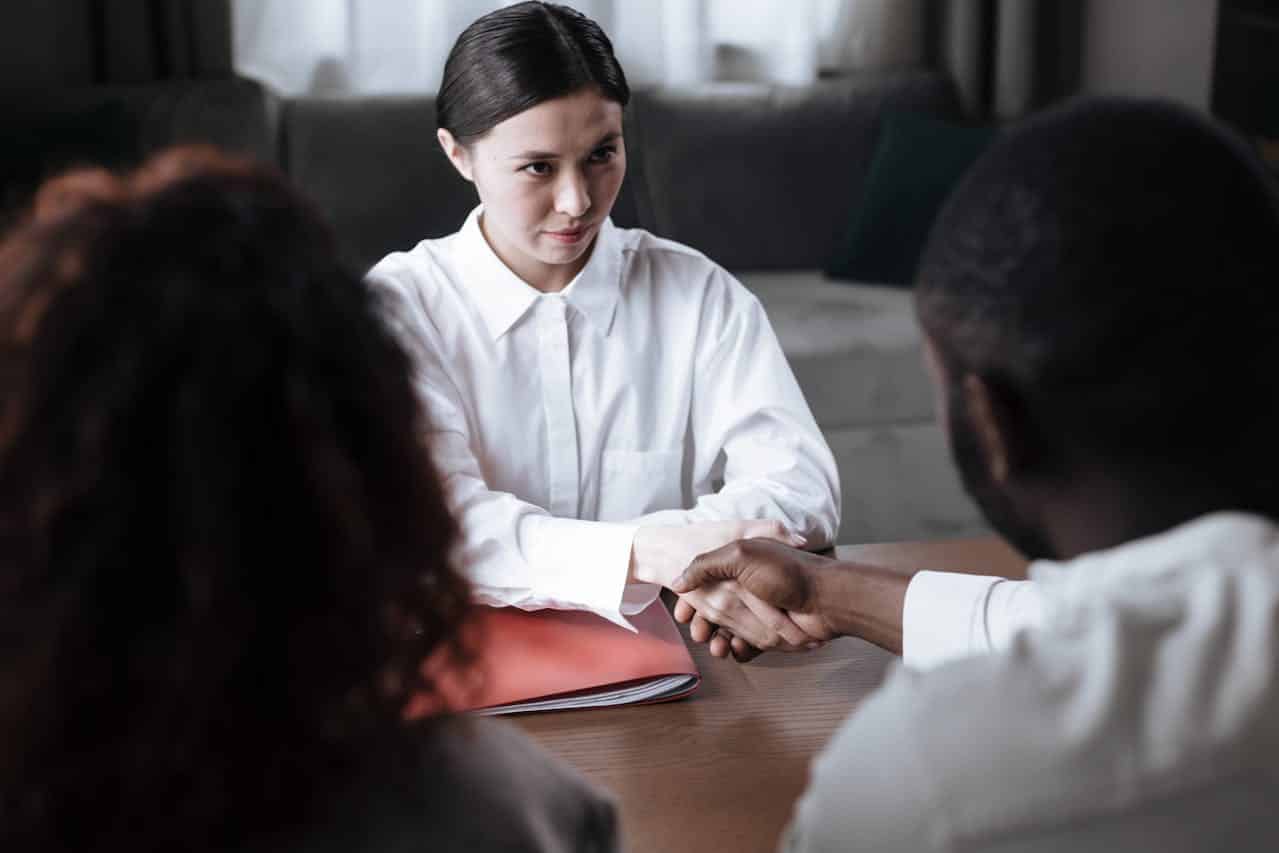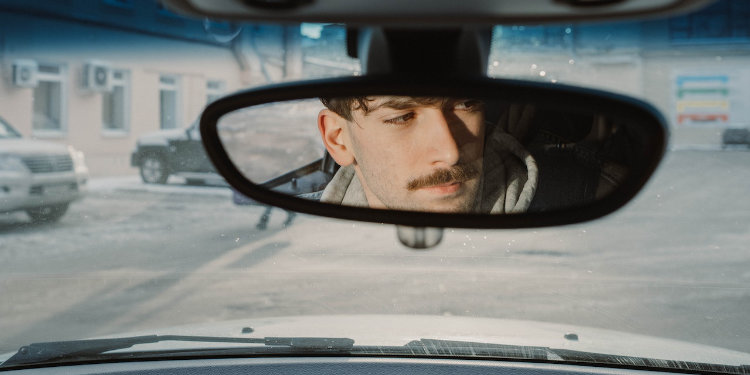











There are many difficult things that happen throughout human life that cause turmoil, stress, and negative feelings in general. Many people walk through life in a negative fog because they feel as though there is nothing positive about their lives and situations. When they are treated kindly by others, it can be a turning point in their day! Kindness and compassion can help lift others up when they’re feeling down, and also feels good to give to others as well! The word kindness means sending positivity to others in a way that is selfless, meaning that you do it to help the other person, not for any internal or personal gain. A kind person can change the environment of a social situation, causing the room to feel lighter. It’s a positive personality trait to be a naturally kind person, but kindness is more than just a positive quality! Researchers have shown that kindness not only affects the person who is receiving it but can also help the physical and mental health of everyone who is around!

Researchers have found that witnessing acts of kindness can actually produce the feel-good “love hormone” oxytocin; this hormone is responsible for lowering our blood pressure, and increasing our feelings of connectedness with others as well as positive feelings about ourselves. In addition to oxytocin, other parts of the pleasure center of our brain light up when we are kind to others! The parts of our brains that validate our hard work and make us feel rewarded also begin to work after we do kind things for others. Kindness can also increase the serotonin levels in your brain; serotonin is the chemical in your brain that makes you feel calm and happy. Studies have also found that being kind to others can help people feel more energetic and upbeat throughout their own day!
In addition to all of these benefits and things that kindness can add to our lives, studies have also shown a lot of things that can be decreased by showing kindness to others in large part to the above-mentioned feel-good parts of the brain that are fired up when you do nice things for others. Stress, anxiety, depression, physical pain, and blood pressure are all things that studies have found decrease when someone engages in positive and kind acts for others. Researchers will call this phenomenon the “helpers high”, because going out of your way to be kind to others from an altruistic place inside can drastically improve your own health as a result and leave you with a high feeling that can be used to feel better throughout your day.
When
people are feeling pain or other negative emotions, it can be hard for them to
get out of their own minds or bodies and think about being kind to others. When
huge clouds of doom and despair seem to be looming overhead, the last thing a
person wants to think about is being positive and kind. Much like exercise
strengthens our muscles, our kindness muscles also need to be exercised to
improve the ability to use them more seamlessly. Everyone has experienced a day
where they were not feeling their best and put off physical exercise… the same
happens with kindness. It is important to remember that habits come from
developing a strong sense of motivation. The thoughts in our heads can be very
powerful and if we give in to the negative ones too often, we can never reach
goals of feeling better. So, when your mind is telling you that everything is
wrong with the world and your circumstances cannot be changed… challenge
yourself to see something good around you! Maybe it’s a person you love
who is always there for you. Maybe it’s the grocer at the grocery store who
always greets you with a smile. Maybe you can just experience kindness toward
yourself for just making it through your day! Try your best to find at least
one kind thing to think about or do for others each day and see how it changes
your mood and your mindset.